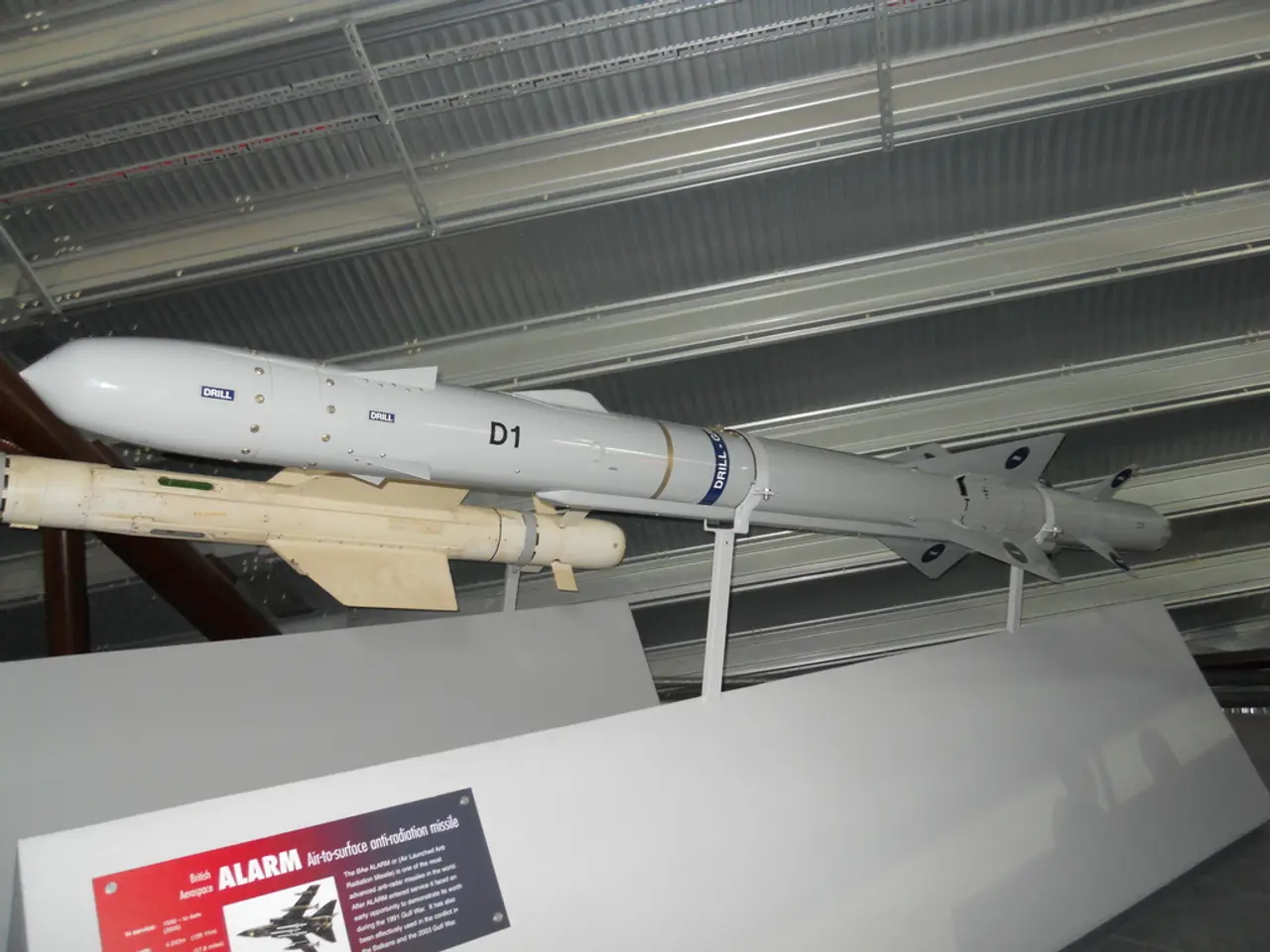Netanyahu's Strategic Goal Regarding Iran
In a recent development, the International Atomic Energy Agency (IAEA) reported severe damage to above-ground halls at Natanz, but no direct breach of the underground cascade where enrichment takes place in Iran's nuclear programme. This news has sparked concerns about the potential strategic implications for countries like India, particularly in terms of energy security, national security, and the welfare of its diaspora in the region.
The 2025 Israel-Iran conflict carries significant strategic implications for India due to the geopolitical and economic linkages to the Middle East. India heavily depends on Middle Eastern oil, and any disruption in supplies, especially those routed near Iran and the Persian Gulf, could escalate oil prices globally, impacting India's economy and energy security. Moreover, the conflict may elevate global oil and gas price volatility, forcing India to seek diversified energy sources or increase strategic reserves to mitigate supply shocks.
The conflict also poses potential threats to India's national security. Regional instability and terrorism risks are a concern, given India's strategic interests in West Asia and the large Muslim population it hosts. The conflict could exacerbate proxy conflicts and militant activities, possibly involving Iran-backed groups, increasing the threats to India's internal security.
In addition, the conflict could complicate India's foreign policy, as it maintains diplomatic ties with both Israel and Iran. Heightened tensions may force India to recalibrate defense and foreign policies to navigate new regional alignments. India is privately activating back-channels via Muscat and Doha to help resolve the conflict, advocating for "maximum restraint and immediate de-escalation."
The safety of India's expatriates working across the Gulf and West Asia, including Iran and Israel, is another concern. Increased hostilities could imperil these communities due to travel disruptions, rising xenophobia, or targeted violence. India may face pressure to conduct large-scale evacuations or provide consular assistance amid worsening conflict, stretching diplomatic and logistical resources.
The evolution of the conflict, including the use of advanced technologies such as AI in warfare and potential deployment of electromagnetic pulse (EMP) weapons, adds layers of unpredictability that could further magnify risks to India's strategic interests.
In response, India is proposing an Indian Ocean Rim Coalition under SAGAR to provide convoy escort and medical assistance in coordination with CMF-153 and to deploy an additional P-8I squadron to INS Dega for persistent ISR. India is also considering fast-tracking the expansion of its Strategic Petroleum Reserve (SPR) and diversifying its energy contracts to mitigate the impact of the conflict on its energy security.
In conclusion, the 2025 Israel-Iran war threatens to destabilize a key energy corridor, complicate India’s foreign policy and security environment, and jeopardize the welfare of its sizeable diaspora, demanding comprehensive strategic planning and international cooperation from New Delhi.
The 2025 Israel-Iran conflict's potential impact on India's strategic interests is multifaceted, with geographical concerns arising from the Middle East's political instability and its significance for India's energy security. In the event of disrupted oil supplies, India may have to seek alternative energy sources or bolster strategic reserves to tackle supply shocks.
Furthermore, the conflict's military escalations, involving advanced technologies like AI and EMP weapons, could introduce additional uncertainties and risks for India, necessitating vigilant monitoring of regional developments and possible adjustments to defense and foreign policies.






